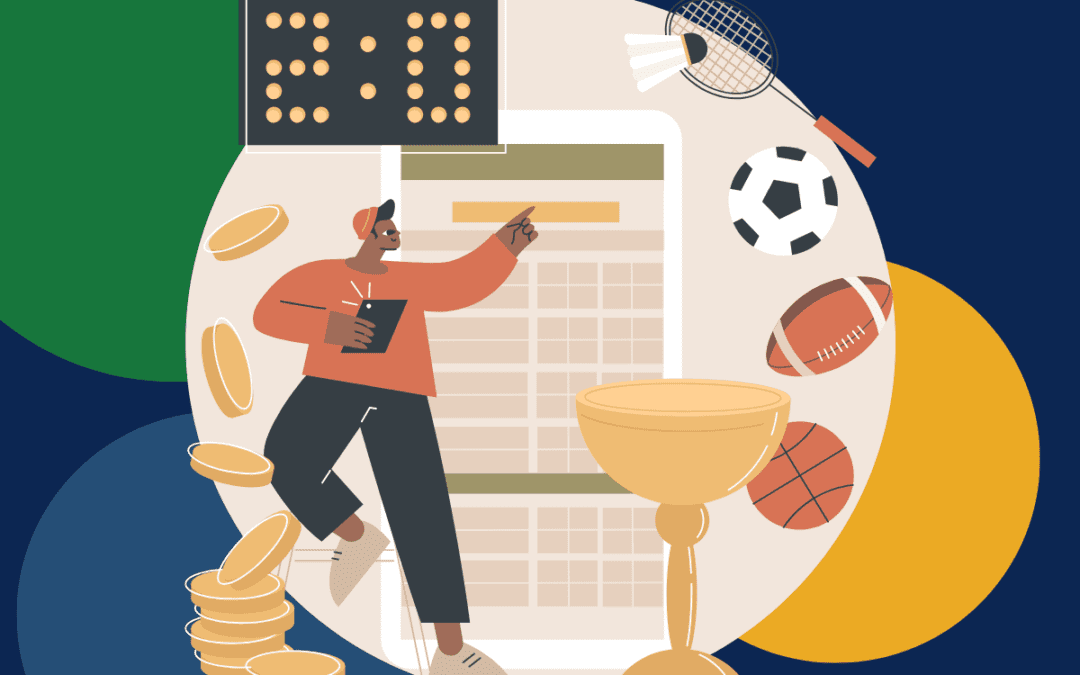The key reason data collection is necessary is because many gamblers use multiple operators. Here’s a look at why:
Sports gamblers use multiple operators to get the best odds or to take advantage of frequent bonuses that are multiplied by the number of accounts they have. The graphic above from Oddschecker.com for a first-round NFL playoff game between Philadelphia and Tampa Bay is instructive.
A gambler shopping around will notice several gaps in the odds and promotional opportunities:
• If you are a Caesars customer and you want to bet on the Eagles to win, you would have to risk $160 to win $100 based on the -160 odds. However, by just taking a minute to open a DraftKings account, you would only have to risk $148 to win the same $100 due to the better odds of -148, a potential loss savings of $12 on a single bet.
• A DraftKings customer who wants to bet on the Buccaneers would win only $124 on a $100 wager, compared to winning $135 if they wager on Caesars.
• Finally, by signing up for the seven sportsbooks listed in the graphic (some states have 20 or more operators) there are over $3,000 in bonuses available to the gambler (see sign-up offers as noted at top of the image).
These differences in odds add up to a lot over time, and for someone struggling with their gambling, they may make much larger bets spread out over a dozen or more accounts, with each operator thinking they are only dealing with a recreational customer due to the lack of data visibility of the volume and frequency of their bets.

